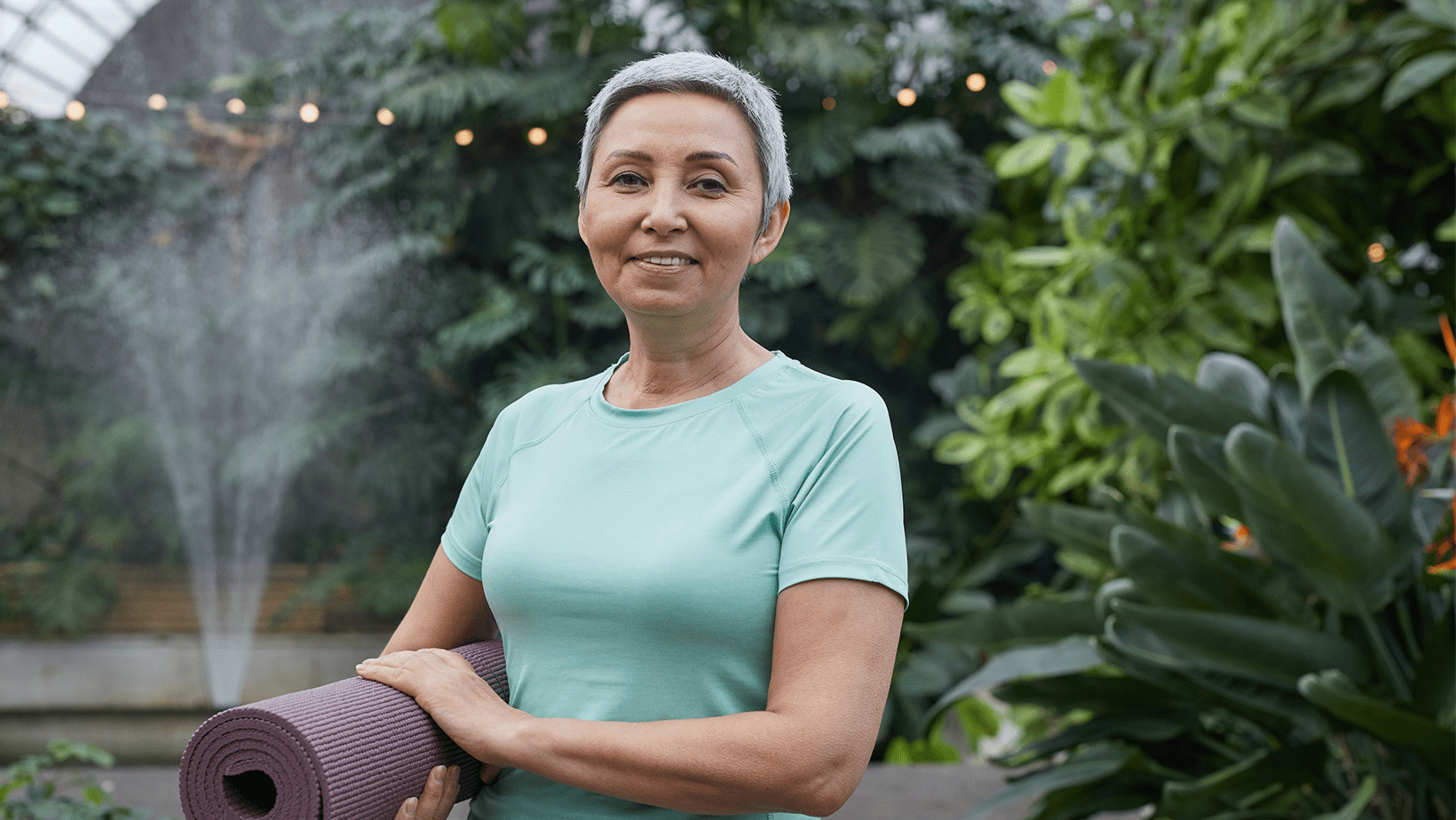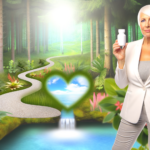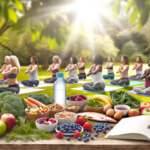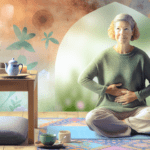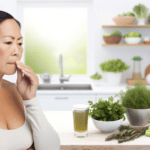Chia Chia Sun, CEO, Damiva
4th April, 2017
Being “green” probably means a lot of different things to different people. My green hero is Kermit the Frog and I really relate to him when he sings, “It’s not easy being green.” I remember recycling in Toronto in the 1990s before we had curb-side pick-up programs. I used to drive my compost, plastics and other recycling items to a far-away depot, hoping that they were going to be truly recycled properly. When my children were born in 1998 and 2001, I fed them organic baby foods that I pureed in a food processor. When they were diagnosed with gluten intolerance as toddlers, every week I picked up gluten-free products from the pharmacy at our paediatric hospital, Sick Children’s Hospital, because gluten-free wasn’t a “thing” 18 years ago.
So I guess you could say that green is in my DNA and that it was a natural progression for me and my partner to create “green” products for my own perimenopause and menopause, starting with a vaginal moisturizer and now a labial cream.
You may feel, as I do sometimes, that green is really over-used as a colour for natural and organic products. But I love the colour green for what it represents: earthiness, spring-time, and the association with life. Egyptian green is the colour that we chose for our second product, Cleo, named after Cleopatra. The teal-like tone we chose is a traditional colour (wadj) that connoted the affirmation of life and the association with the Nile, Mediterranean Sea and the earth. The copper ore malachite provided the source of the pigment. We love the warm feeling that our Cleo colours give us and how they evoke ancient Egypt.
And, yes, it’s not easy being green. Sometimes people assume that because we only have a handful of plant ingredients that our products are easy to make. Or that they can just be mixed up in a kitchen. In fact, it’s quite the opposite. It’s actually more difficult to manufacture our natural products because we can’t just pump them full of preservatives to eliminate pathogens and for long-term stability. We have to be very strategic and careful about the ingredients we use and ensure that they are pharmaceutical, not food quality – because food quality ingredients quite often have inconsistencies and pathogen standards that do not meet ours. For example, you may think “organic” is safer but studies show that “organic” foods have a higher level of bacteria and we don’t want those in our products. It’s also important for us to have batch to batch consistency and organic standards don’t meet our criteria.
Manufacturing at Damiva is a very complicated process as we must have extremely high standards for sterile, pathogen-free and consistent products. After all, these are products we are using on our most sensitive body parts! They also need to have a long shelf life so they can sit in the store without expiring. We are also “green” in our materials and packaging. All our ingredients are sustainable – no palm oil for us! – and we use recycled paper for our packaging that is made from paper scraps left over from large-scale industrial paper manufacturing.
While being green for us at Damiva is an ethos, we also believe strongly that it’s a health necessity after age 40 and especially as we progress through perimenopause into menopause. The reason is that as our ovaries decline in hormone production, our adrenal glands start to take over making hormones. Fatigued adrenal glands can lead to increased chemical sensitivity. Many women, myself included, notice that as we age, we become more sensitive to chemicals or that our allergies are worsening. So green is not a nice-to-have, it’s a must. Especially for products that are vaginal moisturizers and are designed for drynes
References
